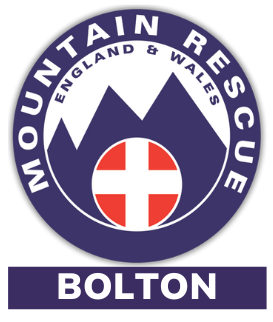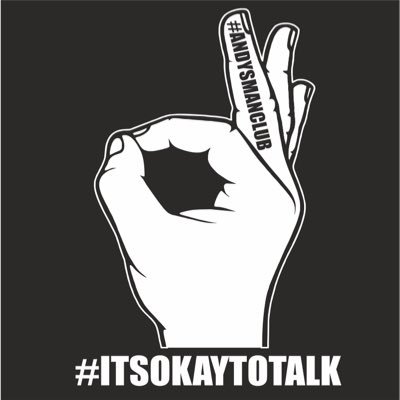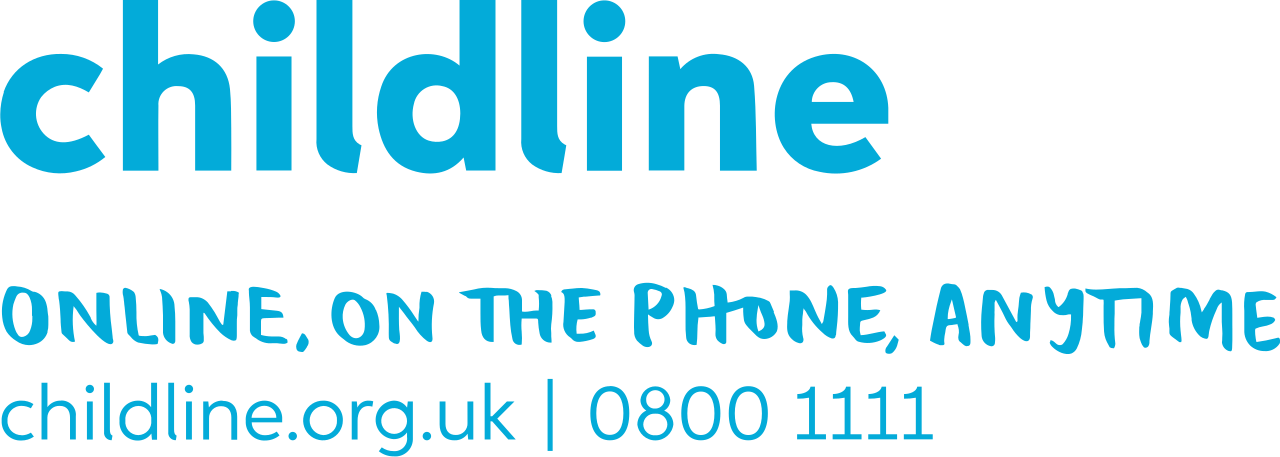Bystander & Wellbeing advice
What is Bystander Trauma?
You don’t have to be directly harmed in a crisis to feel its impact. Bystander Trauma happens when someone witnesses a disturbing event—such as a car accident, violence, a natural disaster, or a medical emergency—and feels lasting emotional or physical stress because of it. Even if you weren’t the person in danger, your mind and body may react as though you were.
Why does it happen?
When you see something traumatic, your brain’s stress response can activate—sometimes intensely. Your heart rate might increase, your muscles tense, and your mind records the event in a way that’s hard to “turn off.” This can lead to emotional aftereffects similar to those experienced by people who went through the event themselves.
Common reactions
Not everyone experiences Bystander Trauma in the same way, but some frequent responses include:
- Intrusive memories, flashbacks, or vivid mental images
- Feeling jumpy, anxious, or constantly “on alert”
- Difficulty sleeping, concentrating, or relaxing
- Emotional numbness or feeling detached from others
- Guilt (“I should have done more, or it should have been me”) or helplessness
- Avoiding places, people, or conversations that remind you of what happened
Healthy ways to cope
- Talk about it. Share your experience with someone supportive—a friend, family member, or counsellor.
- Ground yourself. Breathing exercises, stretching, or focusing on your surroundings can calm your body’s stress response.
- Maintain routines. Regular meals, sleep, and daily structure can help restore a sense of safety and normalcy.
- Limit triggers. Take breaks from news coverage, social media videos, or discussions that keep the event fresh in your mind.
- Move your body. Gentle activity — walking, yoga, or any form of exercise—can help release built-up tension.
When to seek professional help
If distress lasts more than a few weeks, intensifies, or interferes with work, relationships, or daily activities, consider talking to a mental health professional. Therapies like cognitive behavioural therapy (CBT) or trauma-informed counselling can be very effective.
Some of the organisations below may be of assistance:
Bereavement support
Suicide prevention for men, offering free peer to peer support across the UK
Mental health support service
Mental health support service
Call: 116 123 for free
Support service for young people
Call 0800 11 11 for free
Support service for young people up to the age of 25, as well as parents and carers of young people






